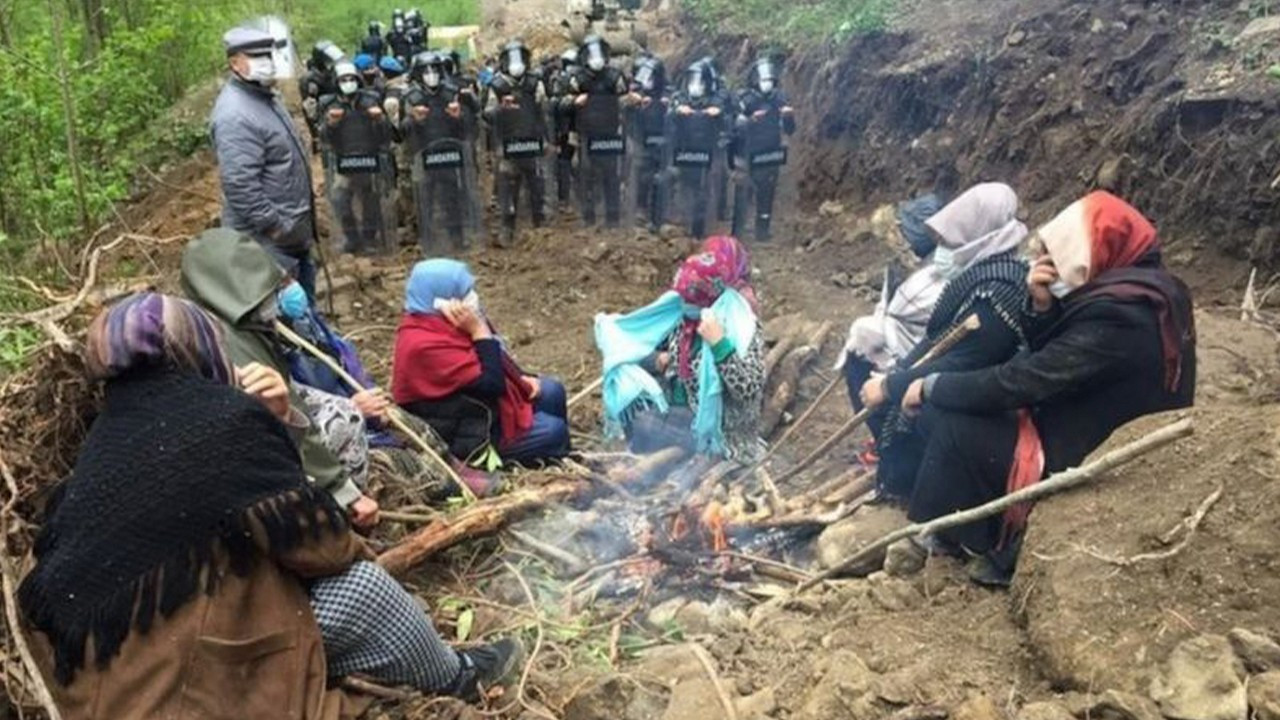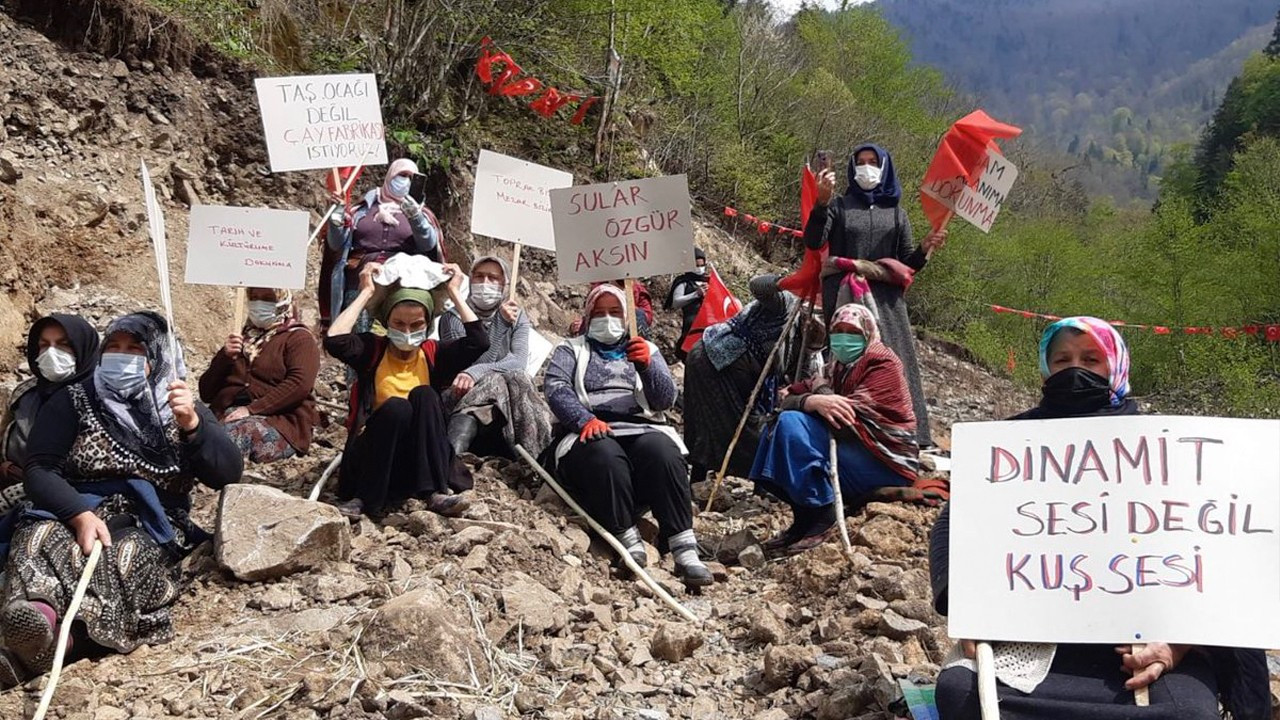Central Turkey locals petition to halt construction of marble quarry
Residents of central Karaman province's Karalgazi Village petitioned to halt the construction of a marble quarry in the area on the grounds that the state's approval of the project was unconstitutional. The locals noted that the area in question had been zoned for agricultural purposes, and was separately declared a protection area.
Osman Çaklı / DUVAR
Locals of central Karaman province's Karalgazi Village petitioned to halt the construction of a marble quarry in the area on the grounds that the government's approval of the project was unconstitutional.
Turkey's Environment and Urbanization Ministry issued a positive assessment of the project's impact on the environment, but locals said that the 131-hectares project is in violation of a land protection law that assigns the area in question as agricultural land.
The stone quarry project's permit allows for construction on 131,87 hectares of land near Karalgazi Village, where four stone quarries are already active despite the surrounding agricultural activity and archaeological remains.
The locals said that the project by Telmar Mermercilik is in violation of the agricultural zoning of the area, as well as a decree dated January 2017 that declared the region a protection area.
The stone quarry project allows for exploratory activity in the water basin of the Karalgazi Village, locals noted in their case, adding that the dust and particles produced in the quarry will inevitably carry over to their agricultural fields.
In a relatively dry climate, locals of Karalgazi Village are concerned about the pollution of the underground water basin as a result of the search activity, as they rely mostly on underground resources for agricultural watering.
Local farmer İbrahim Küçük noted that they have been leading forestation efforts in the area in recent years, but that the marble quarry project would place the facility directly adjacent to the small wooded area they created.
"Consider this place a desert, and we are trying to create an oasis," Küçük said.
The state's environmental impact assessment report didn't factor in the effects of yet another quarry on plants in the area, Küçük said, adding that dust often affects plants' blooming patterns.

 Turkish governor bans protests at site of stone quarry constructionEnvironment
Turkish governor bans protests at site of stone quarry constructionEnvironment Turkish ministry allows second stone quarry at site of mass protestsEnvironment
Turkish ministry allows second stone quarry at site of mass protestsEnvironment